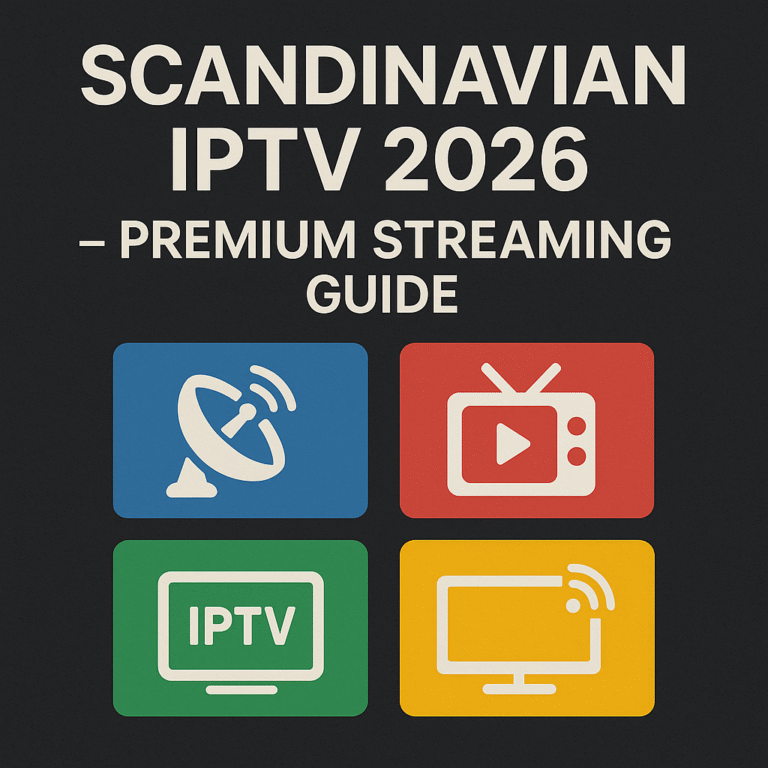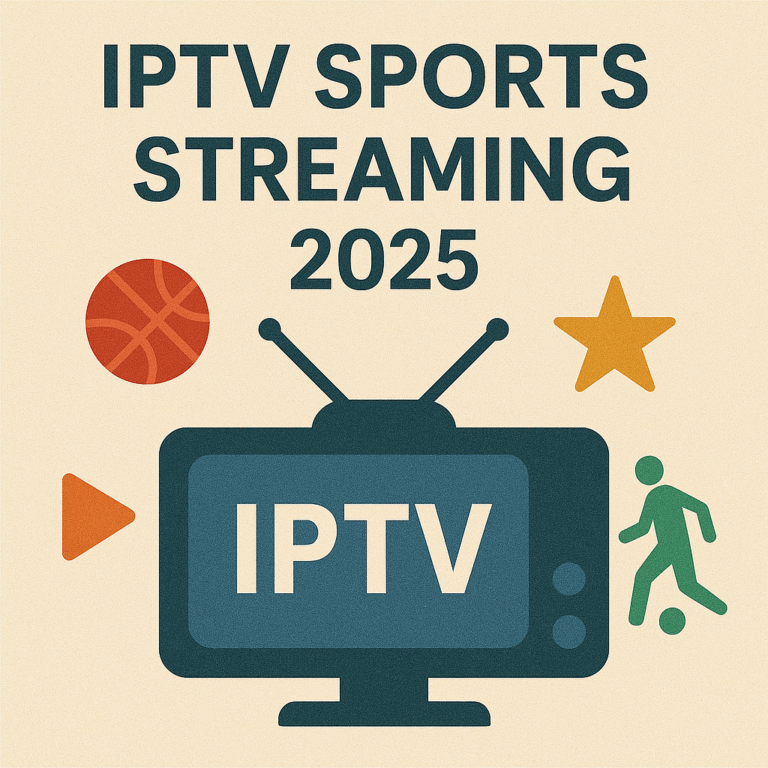Exploring IPTV Playlists on GitHub: A Worldwide Guide for 2025
Understanding IPTV and Its Relevance in 2025
Internet Protocol Television (IPTV) has revolutionized the way content is delivered and consumed over the years. Unlike traditional cable television, which relies on terrestrial, satellite, or cable systems, IPTV uses internet protocols to transmit data. This means that users can stream content directly over their internet connection, allowing for greater flexibility and a more personalized viewing experience. As we enter 2025, the relevance of IPTV continues to grow, driven by several key factors.
Firstly, advancements in technology have significantly enhanced the quality and efficiency of IPTV services. With the introduction of high-speed internet connections and improved compression techniques, viewers can now enjoy high-definition and even 4K content without buffering or interruptions. This improvement in technology has made IPTV more appealing compared to traditional cable services, which often face limitations in terms of channel selection and content availability.
Moreover, increased internet accessibility has played a vital role in the rise of IPTV. As more households gain access to reliable broadband connections, the potential customer base for IPTV services continues to expand. This trend is particularly noticeable in emerging markets, where traditional cable infrastructure is lacking. The affordability of internet services paired with the availability of streaming devices has led to a remarkable increase in the adoption of IPTV solutions worldwide.
Additionally, changing consumer preferences have further underscored the importance of IPTV in today’s entertainment landscape. Viewers increasingly prefer on-demand content that allows them to watch their favorite shows and movies at their convenience. IPTV offers a wealth of content options, ranging from live TV to on-demand programming, catering to varied tastes and preferences. This versatility and cost-effectiveness make IPTV a compelling alternative to traditional cable packages, which often require long-term contracts and hefty fees.
What is GitHub and Why is it Important for IPTV Playlists?
GitHub is a web-based platform designed primarily for version control and collaborative software development. It utilizes Git, an open-source version control system created by Linus Torvalds. By enabling developers and users to collaborate on projects efficiently, GitHub has become an essential tool in the technology landscape. For IPTV playlists, GitHub serves as a crucial repository where users can share and access playlists globally, fostering a community-driven approach to content distribution.
The core feature of GitHub is its repositories, which are storage spaces for projects that can contain files, documents, and code. Users can create, update, and manage playlists as repositories, allowing others to fork or copy them for personal use. This ability to fork repositories is one of the most significant advantages of GitHub; users can take an existing playlist, modify it, and create their own version, contributing to the continuous evolution of IPTV content. Furthermore, the issues feature allows users to report problems or request improvements, enhancing user engagement and resource sharing.
Community guidelines play a pivotal role in maintaining the integrity of playlists shared on GitHub. These guidelines ensure that users respect copyright laws and ethical considerations when sourcing content. Adhering to these principles fosters a trustful environment where users can freely exchange playlists with the assurance that they are respecting intellectual property rights. The collaborative nature of GitHub encourages the pooling of knowledge and resources among IPTV users, leading to richer content offerings and a more vibrant community. Ultimately, GitHub not only serves as a technological tool but also as a vibrant ecosystem for IPTV playlists, promoting innovation and accessibility in streaming content.
Finding IPTV Playlists on GitHub: A Comprehensive Guide
When searching for IPTV playlists on GitHub, users can follow a systematic approach to navigate the platform effectively. First, it is essential to utilize the search bar, where you can enter relevant keywords such as “IPTV playlists,” “live TV,” or specific genres like “sports” or “movies.” Additionally, filtering search results by selecting the “Repositories” tab will allow you to focus on repositories dedicated to IPTV, making it easier to locate quality playlists.
GitHub repositories often come tagged with topics that can greatly assist in your search. Tags like “IPTV,” “M3U,” or “streaming” can lead you to playlists suitable for various devices and user preferences. Furthermore, users should browse through trending repositories in the GitHub community to find popular IPTV playlists that have garnered attention. It is common to find playlists categorized by country, enabling access to content that may be region-specific or culturally relevant.
As you explore different playlists, assessing their quality and reliability is crucial. A good practice is to examine the README files or documentation often provided by the repository maintainers; these contain vital information regarding playlist sources and update frequencies. User reviews can also be beneficial in determining a playlist’s performance and integrity. Check for active discussions and feedback in the comments section to gauge the experiences of other users. Moreover, verify how frequently the playlists are updated to ensure you are getting current content.
To download and set up the playlists, users typically need to access the raw version of the M3U files. Most IPTV applications will allow you to import these files directly, facilitating an easy setup process. By following these steps diligently, users can successfully find and use diverse IPTV playlists available on GitHub, enriching their viewing experience with international content.
The Future of IPTV and Its Global Impact by 2025
As we approach 2025, the landscape of Internet Protocol Television (IPTV) is poised for significant transformation, driven by technological advancements and shifts in user preferences. One of the most anticipated developments is the enhancement of streaming quality. With the proliferation of high-speed internet and advancements in compression technologies, consumers can expect higher resolutions, such as 4K and possibly even 8K streaming. This evolution will enable IPTV providers to deliver a more immersive viewing experience, making it increasingly competitive against traditional cable services.
Moreover, the integration of artificial intelligence (AI) into IPTV services is set to play a pivotal role in personalizing content delivery. AI algorithms will facilitate more intelligent recommendations, creating tailored viewing experiences based on individual user preferences and viewing habits. This innovative approach could lead to increased user engagement, retaining subscribers who seek content that aligns closely with their tastes.
However, the growth of IPTV may also encounter regulatory hurdles. As governments around the globe develop frameworks to oversee online streaming services, providers may face compliance challenges that affect content availability and distribution methods. Such regulatory changes could influence the diversity of IPTV playlists, which are essential in catering to the varied preferences of international audiences.
Additionally, global events, such as geopolitical tensions and economic fluctuations, will likely impact content distribution rights and availability, further complicating the IPTV ecosystem. The popularity of IPTV will attract increased scrutiny regarding piracy concerns, compelling providers to invest more in robust security measures to protect their content and ensure lawful usage.
In conclusion, as IPTV continues to evolve toward 2025, it will embrace technological innovations that enhance user experiences while navigating the complexities of regulation and competition. The future holds promise for a more dynamic and engaging IPTV landscape, one that meets the diverse needs of viewers worldwide.






